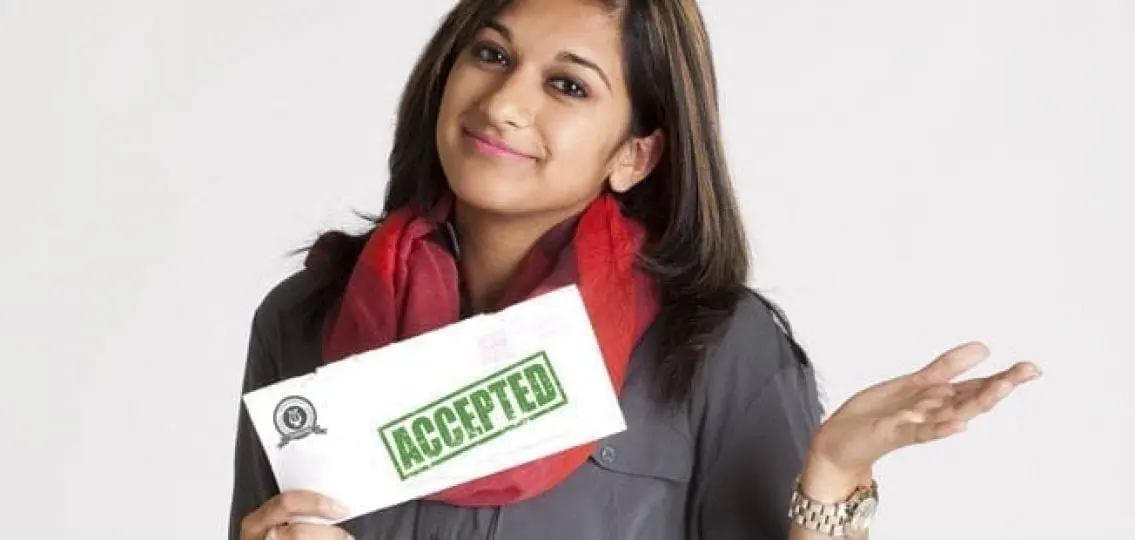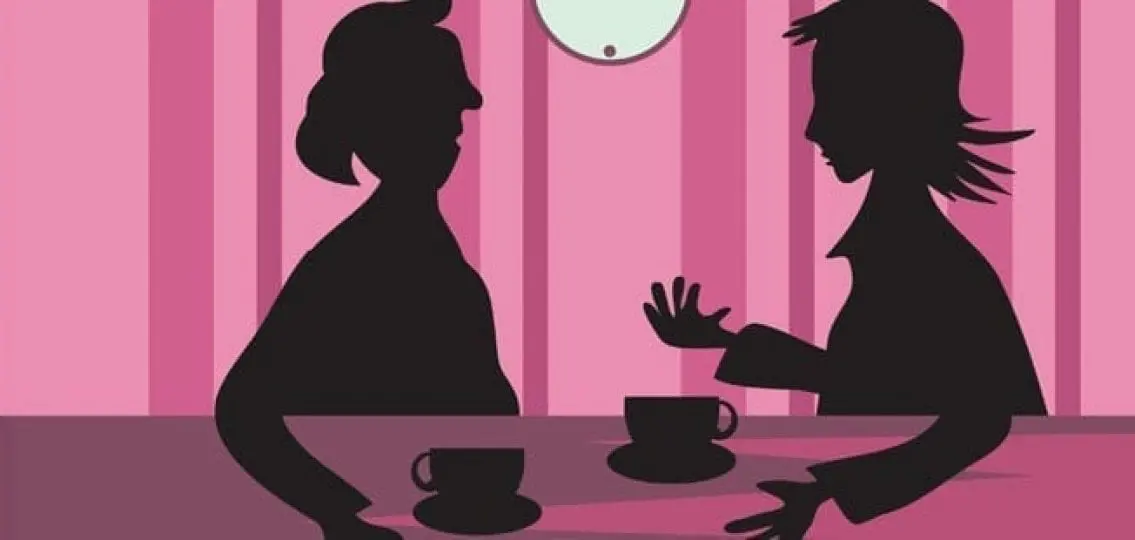We all warn our kids about peer pressure. Sadly, we parents don’t always take our own advice to heart.

Somewhere inside every parent is a 16-year-old who wants her friends to think she has it all together. If you have a teen that pulls good grades, excels in sports, and goes on mission trips to third world countries during spring break, you have done well. If you have a teen that gets a lip piercing, sings for a grunge band, and spends as little time as possible at school, you have, well, obviously created a flawed human being.
We are all about how things look.
I began homeschooling in the late 1980s, when my oldest daughter was having learning difficulties in a classroom situation. I wanted to provide a unique education for her and my other kids, while creating an environment through which they could assuredly skate through their adolescence, bypassing the typical difficulties and frustrations. Like all parents, I wanted what was best for my children.
Not knowing where to begin, I got involved with other homeschooling families. Yet, homeschooling comes with adult peer pressure. A successful home school mom has a child with good grades, musical abilities, clear skin, and modest dress. For those of us sensitive to peer pressure, this ideal can totally negate our intentions of raising children who think for themselves and revel in their uniqueness.
Homeschooling Families and Parental Peer Pressure
So, with plenty of help from my more experienced peers, I began building the perfect child, one rule at a time, determined that my child would reflect well on me within the homeschooling community. I didn’t notice that I was doing it, that I was teaching my children to compete, fit in and re-create themselves into an ever more polished version of the group vision of successful. Some kids are naturally good at doing that and some are not.
In my case, eight out of eight children didn’t conform.
And, everything they went through was on display for the entire world to see and comment on. I felt like a total failure when one of my children cheated on a math test or couldn’t read by age six. I was mortified if they dropped a swear word in their teens, despite the fact that when I was their age, I could make the grizzliest sailor blush with my colorful vocabulary.
So, while the perfect children of my peers were heading to mission trips in third-world countries, my children were intent on being real and dragging me along with them. We dealt with issues that I thought no other homeschoolers ever did, things like talking back, sneaking out, experimenting with cigarettes, underage drinking and on and on. As each thing came up, we dealt with it. We talked, prayed, cried, screamed and generally handled it badly. My mantra became, “It’s not how you start; it’s how you finish.”
Along the way, I learned to look at my children as individuals. I learned that their gifts, abilities and talents were their own and would develop in their own way. At some point, I remembered a lesson from my birthing class days: Don’t fight the pain. Go with it.
Peer Pressure from Other Parents
I had a light bulb moment. I was worried about how my peers would judge me. My disappointment in my teenagers was about me, not about my children. Talk about feeling like a terrible parent!
That epiphany changed my parenting. I stopped saying, “You know better than that! How could you? You’re grounded!” and started asking, “What happened?” Listening without interrupting (certainly not something that comes naturally to me) became a discipline for me. Once my child explained their view, I took a deep breath and went from there.
Were my expectations reasonable? Could they grow out of this without discipline? Were there natural consequences?
I learned so many things. I couldn’t protect my kids from growing pains; But I could listen to them and respect their individuality. I didn’t get involved in every problem, and I didn’t need to come up with a solution. I focused on being supportive, creating healthy boundaries and disciplining when necessary.
Our relationship changed dramatically. They began talking to me before making decisions. They asked my opinion, although they didn’t always do what I suggested. Most of all, they began to be honest with me, and I became their biggest fan, their most energetic cheerleader.

Peer pressure can lead to hasty decisions and bad choices—even in adults. Parenting your children should be an individual journey for your family because your family is unique. Relax, enjoy and make your family a place where everyone can be real.




